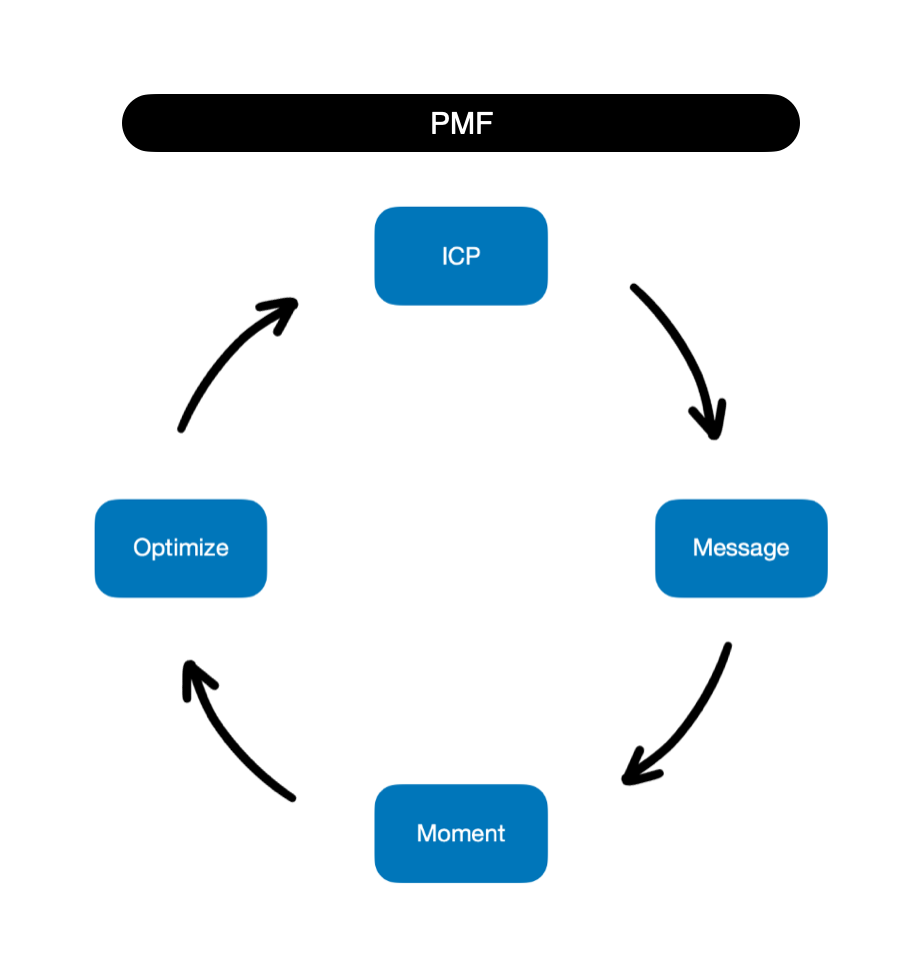There are hundreds of guides on how to scale a startup, but many authors either haven’t done it themselves or are too forward-looking into the millions. So, how does a founder implement a growth framework to scale to the first million dollars in revenue?
After working at hyper-growth companies such as Postmates and Coinbase, I wanted to try my hand at the accelerated growth of my own startup. I’ve been fortunate enough to have co-founded Virtualis, where I have led all marketing efforts as our CMO, from zero to $1 million annual recurring revenue (ARR) in our first year.
I’m here to share the framework that I implemented, which I believe can apply to all startups just entering the market. I do not pretend to have a silver bullet, but I do have a tried-and-true framework you can use to help you achieve your first million.
The core components to my early-stage startup growth framework are finding product market fit (PMF), identifying your ideal customer profiles (ICP), nailing down messaging, pushing users to their “aha moment” and finally optimizing for down-funnel metrics.
Introducing my battle-tested startup framework: First Million Startup Growth Framework.

First Million Startup Growth Framework. Image Credits: Jonathan Martinez
If you’re either just starting out with your newly created startup or struggling to get to your first million in revenue, this is the early-stage framework for you. Let’s dive in!
Finding product-market fit
PMF is a term used to describe a product or service that has found enough organic demand from consumers. This demand is both sustainable and economically worthwhile for a startup to continue operating. So how can you find PMF in the most efficient and frictionless way possible? I believe that the answer to this question is through paid acquisition.
There are 100s of guides on how to scale a startup, but many authors either haven’t done it themselves or are too forward-looking into the millions.
With a paid acquisition channel like Meta or Google, you can launch a campaign to assess whether consumers are genuinely interested in your startup’s offering in an expeditious manner. It is important to understand that paid campaigns are not the most efficient on day one and take both experience and optimizing to drive costs down.
However, it should be obvious if there is an interest with your startup based on the initial cost per leads (CPL). If you’ve spent $1,000 and have no purchases, or even signups for a waitlist, then the campaign may not be configured correctly or there’s an issue with PMF. Below are some rough gauges to determine PMF, outside of purely looking at metrics:
Source: techcrunch.com

